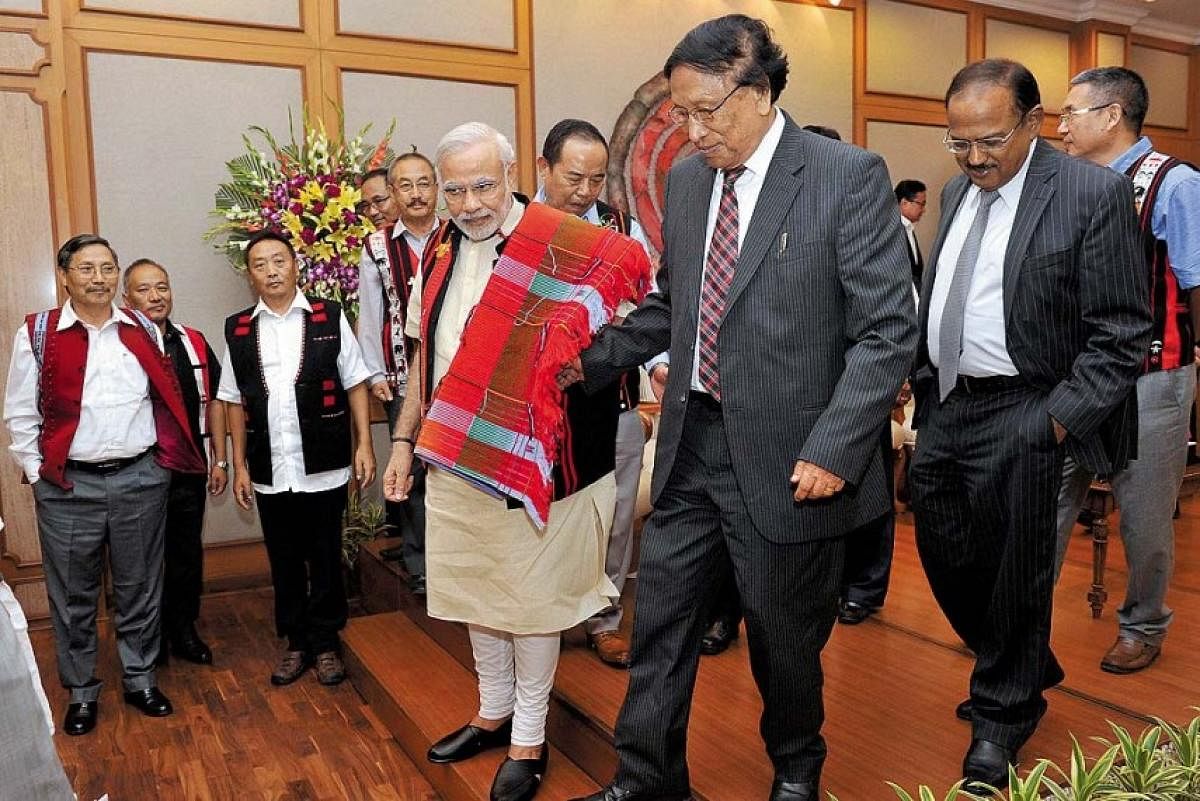The “detention and interrogation’’ of a 16-member Indian Army team by the National Socialist Council of Nagaland (IM) insurgents at the outfit’s central headquarters at Hebron in Nagaland recently has brought the Naga issue into the focus again, after a long time. The army team, led by a Lieutenant Colonel, was detained for “trespassing’’ into the headquarters of the insurgent group’s “government’’. The soldiers were released only after they explained to the NSCN(IM) leaders that they had lost their way and had been misled by passers-by about the route they had to take. The irony of an Indian Army team “trespassing’’ into the territory of insurgents on Indian soil, and being detained for that, will not be lost on anyone. The NSCN(IM), however, accepted the explanation of the personnel and let them go graciously. The insurgents even made a public announcement of the incident, obviously to drive home their point and to tell the world that only their writ ran in their part of India. The NSCN(IM) is running a State within the Indian State now. That is why Indian Army personnel are considered and treated as intruders there.
There is no information on the status of the peace accord which the government was expected to sign with the NSCN(IM). A ceasefire is in force since 1997, and a framework agreement was signed between the government and the insurgent group in 2015. Negotiations between the government’s interlocutor, R N Ravi, and the group have been going on. There is no definite information on the terms of the framework agreement which, it is claimed, will put an end to the Naga insurgency. Even those who are going to be affected and whose interests are involved have not apparently been consulted. This is strange, because there are reports that all the terms have been finalised and the agreement is only awaiting signature.
The most important demand of the NSCN(IM) has been for a Greater Nagaland or Nagalim, which covers all Naga-inhabited areas in Assam, Manipur and Arunachal Pradesh. There are reports that the government has rejected this demand but has agreed to give the Nagas in these areas a “special status’’. The chief ministers of the three states have conveyed to the central government their concern over such reports. The agreement will create more complications if it goes against their interests. It is in the national interest to put an end to the country’s longest-running insurgency through negotiations and an agreement. But the agreement should have the widest acceptability among all those who have a direct stake in the matter and the people of the country. For that, the government must first make public the framework it has agreed with the NSCN(IM).
